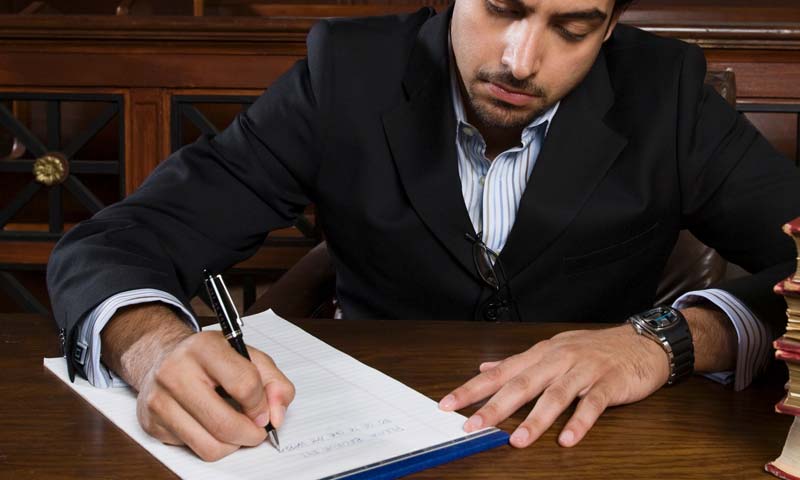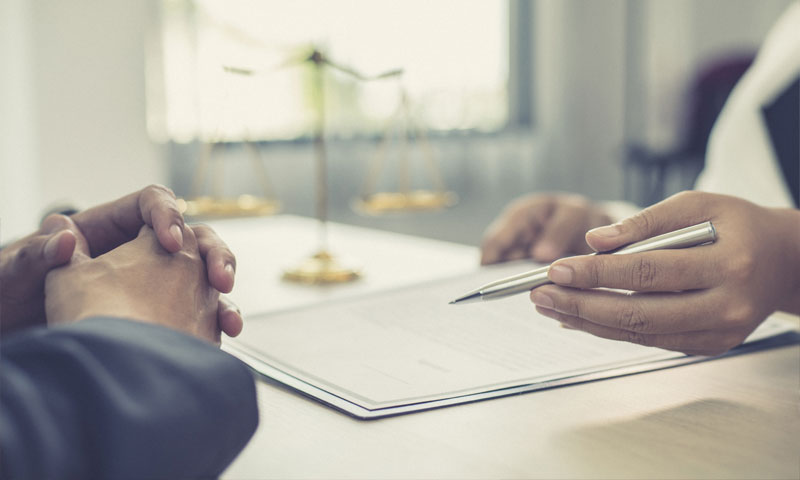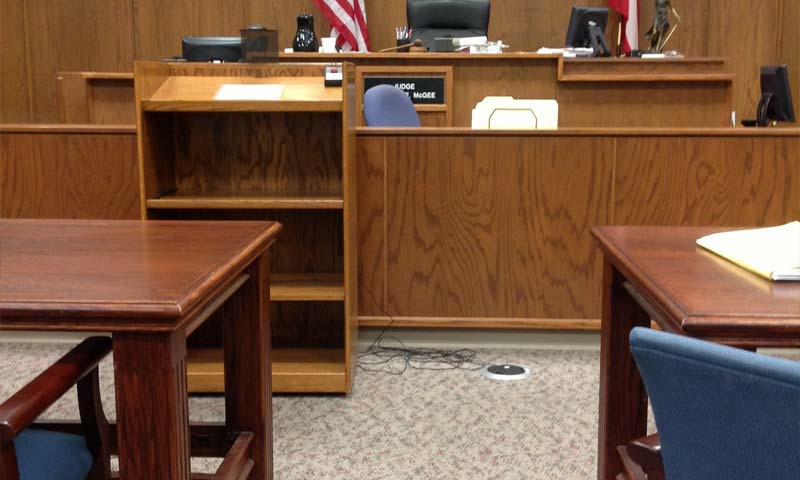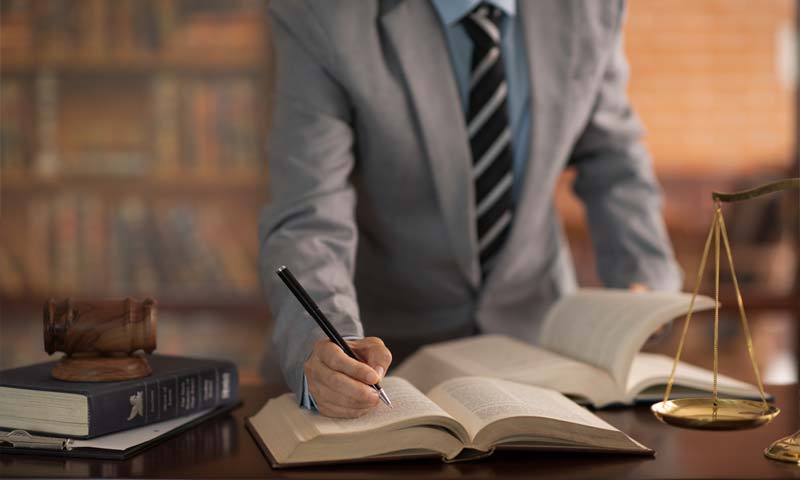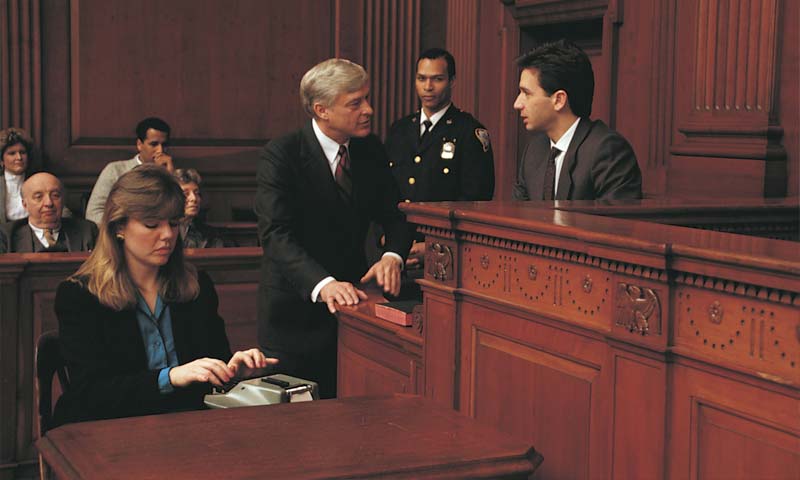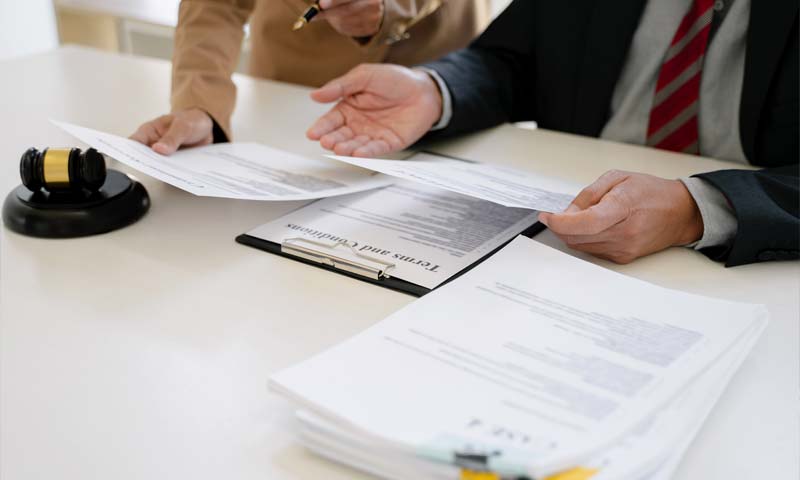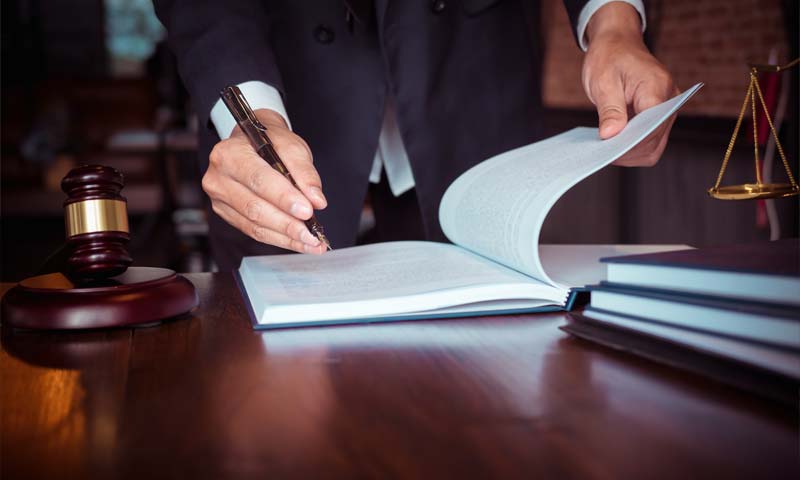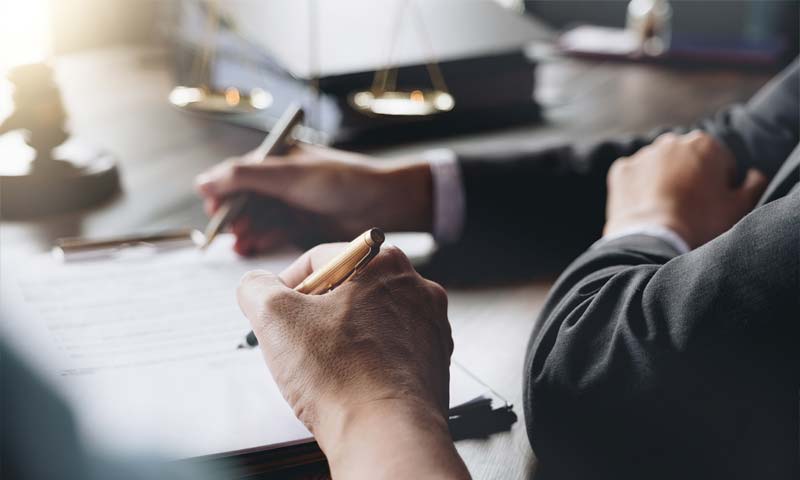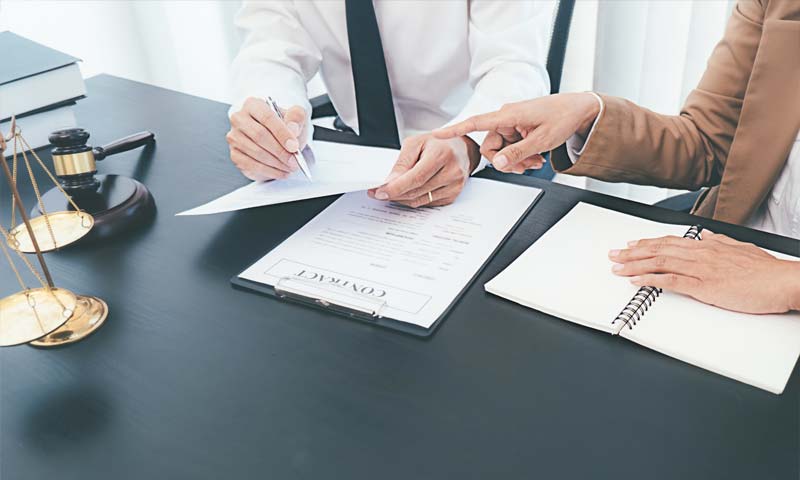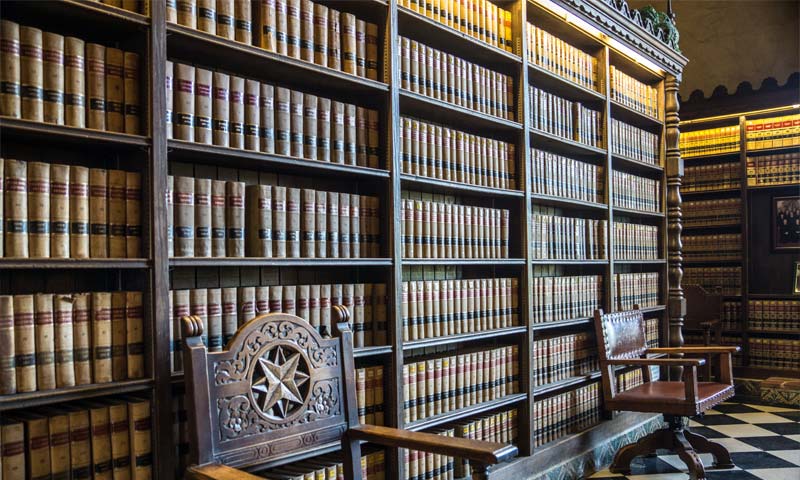The Impact of Bankruptcy on Your Assets: What You Need to Know
Navigating the Complex Terrain of Asset Protection
Bankruptcy can be a daunting prospect, especially when it comes to safeguarding your assets. Understanding the implications of bankruptcy on your financial well-being is crucial for making informed decisions and protecting your valuable assets. In this comprehensive guide, we’ll explore the impact of bankruptcy on your assets and provide essential insights to help you navigate this challenging terrain with confidence.
Assessing Your Assets and Exemptions
Before delving into bankruptcy proceedings, it’s essential to assess your assets and understand which ones are exempt from liquidation. Each state has specific exemption laws that protect certain types of property from being seized by creditors during bankruptcy. Common exemptions include primary residences, vehicles, retirement accounts, and personal belongings.
Chapter 7 vs. Chapter 13: Differential Treatment of Assets
One of the key distinctions between Chapter 7 and Chapter 13 bankruptcy is how they treat your assets. In Chapter 7 bankruptcy, a trustee may liquidate non-exempt assets to repay creditors, while Chapter 13 allows you to retain your assets and repay debts through a structured repayment plan. Understanding the differences between these chapters is essential for determining the best course of action for safeguarding your assets.
Maximizing Asset Protection Through Exemptions
Strategically utilizing available exemptions is crucial for maximizing asset protection during bankruptcy. By carefully planning and leveraging exemptions allowed under bankruptcy laws, you can shield your valuable assets from liquidation while seeking debt relief. Working with an experienced bankruptcy attorney can help you navigate exemption laws and safeguard your assets effectively.
Impact on Homeownership: Protecting Your Primary Residence
For many individuals, homeownership is their most significant asset and a cornerstone of financial stability. Fortunately, bankruptcy laws typically provide generous exemptions for primary residences, allowing homeowners to retain their homes even during bankruptcy proceedings. Understanding the nuances of homestead exemptions and eligibility criteria is essential for protecting your home from creditor claims.
Preserving Retirement Savings
Retirement accounts are often considered untouchable assets in bankruptcy, providing a crucial source of financial security for individuals facing financial hardship. Most retirement accounts, including 401(k)s, IRAs, and pensions, are protected from creditors during bankruptcy proceedings, allowing individuals to preserve their savings for future needs.
Vehicle Ownership: Retaining Essential Transportation
Maintaining access to reliable transportation is essential for daily life and employment opportunities. Fortunately, bankruptcy laws typically allow individuals to retain a certain amount of equity in their vehicles through exemption laws. Understanding the limitations and exemptions for vehicle ownership can help ensure that you retain essential transportation assets during bankruptcy.
Protecting Personal Belongings and Household Goods
Bankruptcy laws also provide exemptions for personal belongings and household goods, ensuring that individuals can retain essential items for daily living. These exemptions typically cover items such as clothing, furniture, appliances, and other household necessities. Understanding the scope of exemptions for personal property can help safeguard your essential belongings during bankruptcy proceedings.
Business Assets and Bankruptcy
For entrepreneurs and business owners facing bankruptcy, protecting business assets is essential for preserving future opportunities and financial stability. Bankruptcy laws offer specific exemptions and provisions for business assets, allowing individuals to retain key assets necessary for business operations. Consulting with a knowledgeable bankruptcy attorney can help business owners navigate complex asset protection strategies and minimize the impact of bankruptcy on their enterprises.
Empowering Financial Resilience Through Asset Protection
Navigating the impact of bankruptcy on your assets requires careful planning, strategic decision-making, and expert guidance. By understanding the nuances of asset protection laws, leveraging available exemptions, and working with experienced legal counsel, you can safeguard your valuable assets and embark on a path toward financial recovery and resilience. Remember, protecting your assets is not only about preserving material possessions but also ensuring peace of mind and financial stability for yourself and your loved ones.
Ready to safeguard your assets and secure your financial future? Contact Brian Hiatt Law today for personalized guidance and expert assistance with asset protection strategies. Our experienced legal team is here to help you navigate the complexities of bankruptcy and protect what matters most to you.
